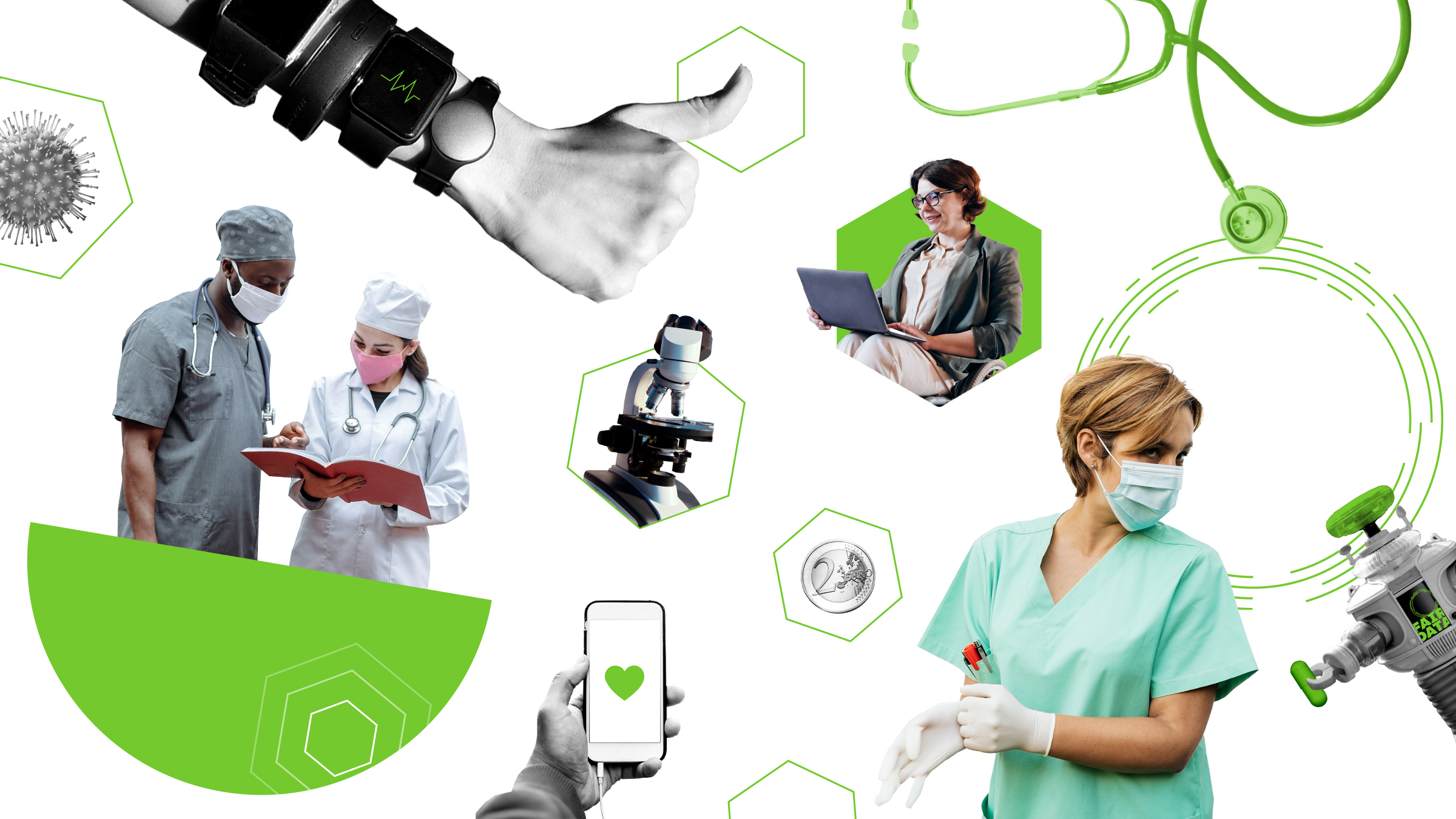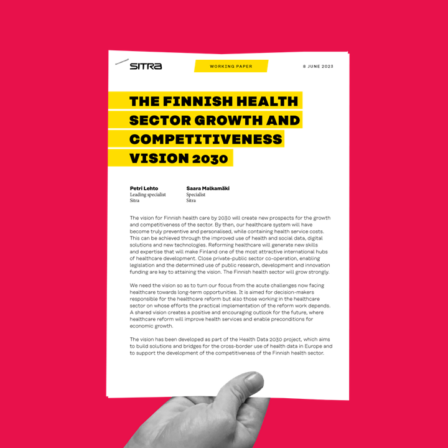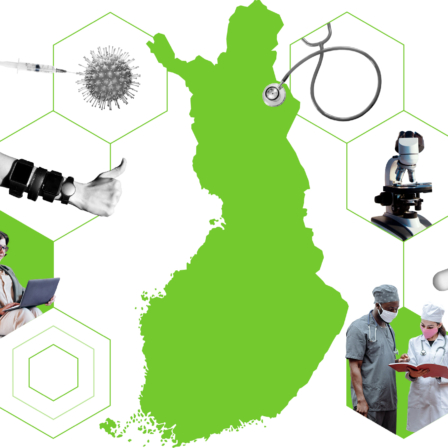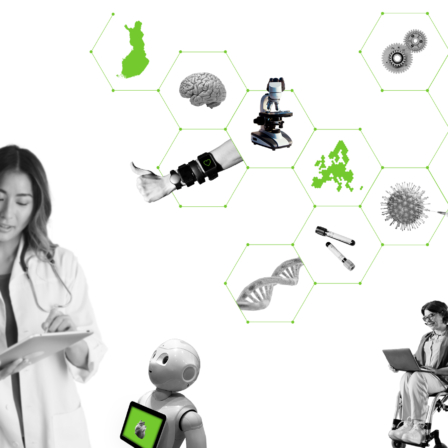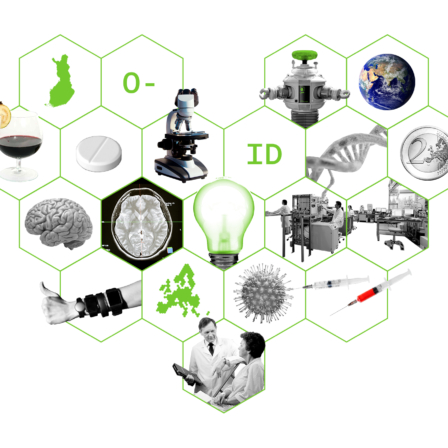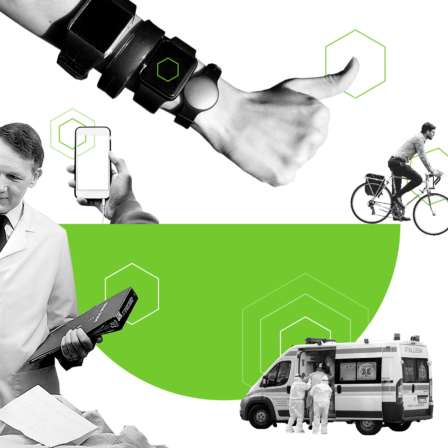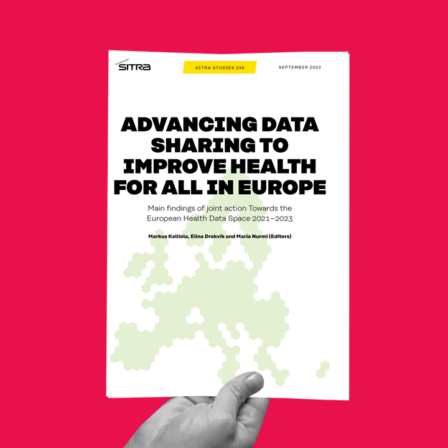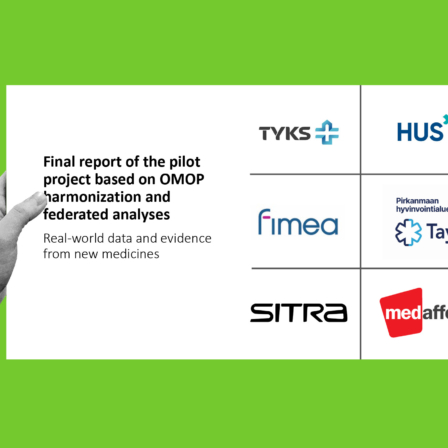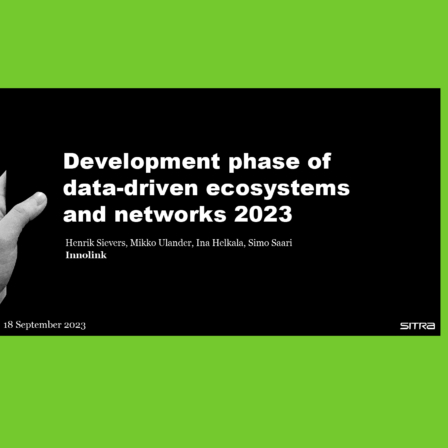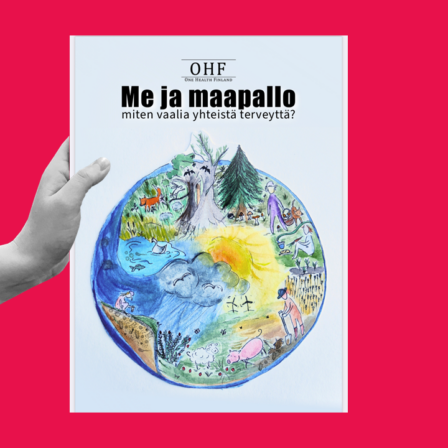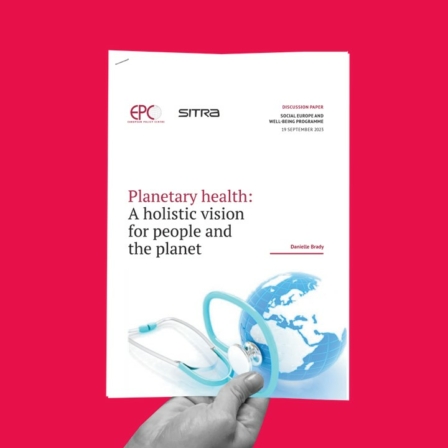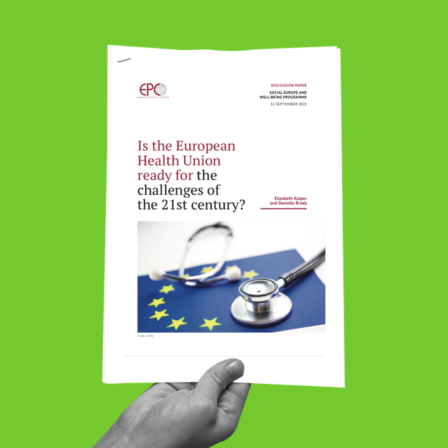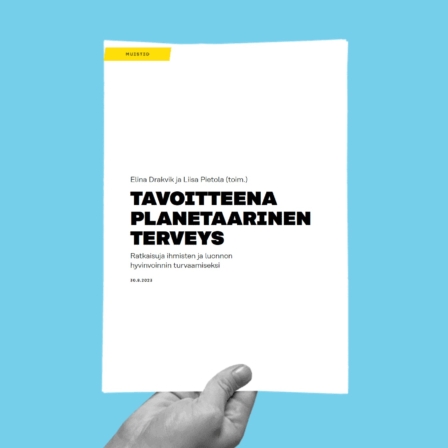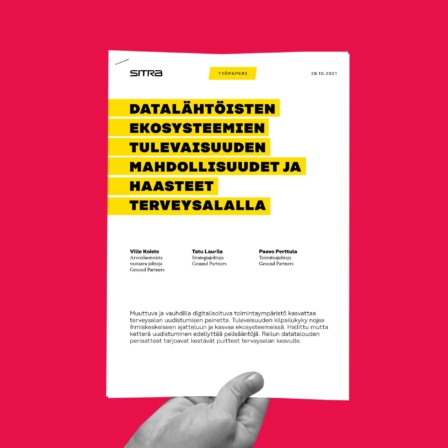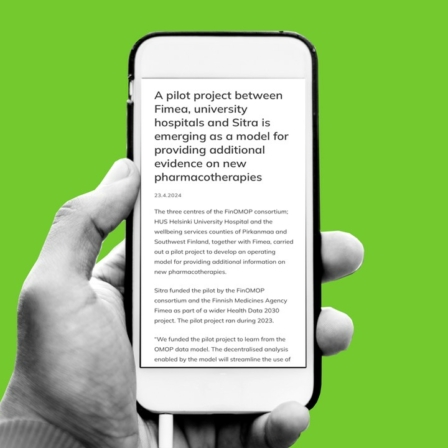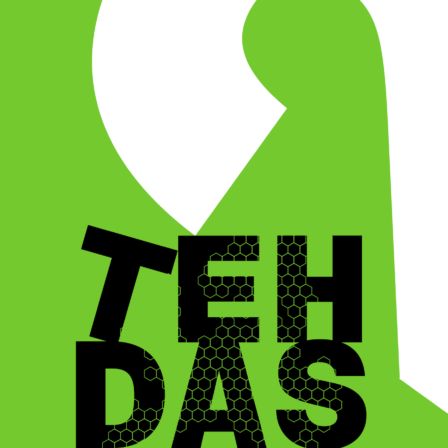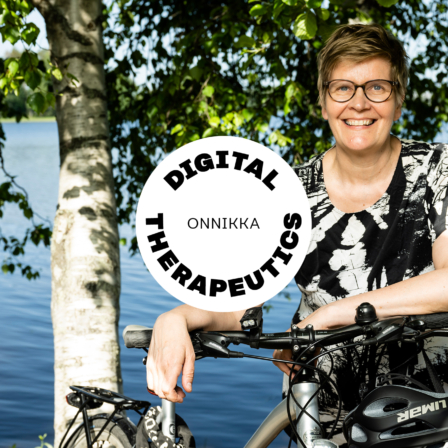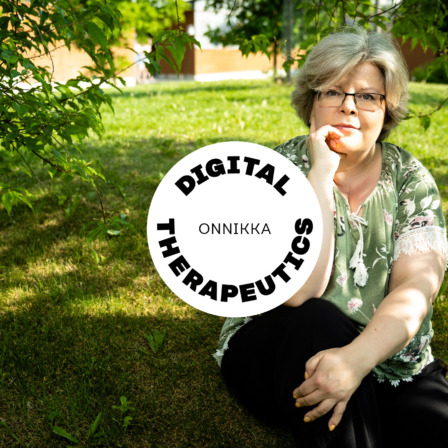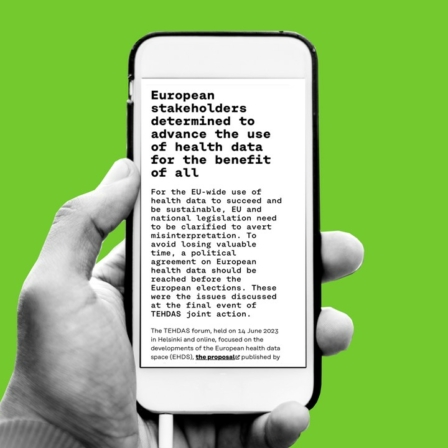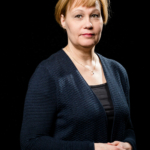What was it about?
Solving the complex problems of a rapidly changing world requires more diverse collaboration and data sharing. Trust in the appropriate use of health data requires transparency, common approaches and regulation.
The European Health Data Space (EHDS) being prepared by the EU will benefit the future development of healthcare and service availability, efficiency and sustainability. Research and innovation will also benefit from better access to data.
The cross-border use of health data requires common rules, policies and solutions that respect people’s right to privacy. In the Health Data 2030 project, we developed solutions, fair rules and a bridge for the cross-border use of health data in Europe and supported the development of the competitiveness of the Finnish health sector.
How did the work progress?
A significant part of the project was focused on managing and communicating the EU joint action paving the way for a European Health Data Space. We contributed robust Finnish expertise and innovation to the preparatory work concerning the European internal market.
We strengthened the domestic development of the health sector in many ways. Together with stakeholders, we mapped the situation through workshops and surveys. We created a long-term vision that challenges our society to reform. We carried out a series of projects and gathered experiences and lessons to bring about change.
What did we achieve?
Recommendations for health sector reform
Our long-term vision for the health sector challenges our society to reform and to use data and digitalisation in a fairer and more purposeful way. Our study shows that by harnessing the power of social and health data and making more efficient use of it, we can ensure high quality social and health services in the future while containing costs.
Business development through the data economy will gain momentum as Finnish companies seize the opportunities offered by the EU’s internal market and the European Health Data Space streamlines the future use of data with fair rules created under Sitra’s leadership.
Innovations and new services are increasingly being created in collaborative networks or ecosystems that use data, so there is a need to agree on the principles of data sharing. New data-driven methods in medical research, treatment and rehabilitation will make everyday life easier in many ways. Together with stakeholders, we mapped the state of play from several perspectives. We also explored a new aspect, planetary health, which examines the magnitude of the interaction between the natural and human environment for our well-being.
We incorporated the insights and lessons learned into our publications, which provide recommendations on strengthening the sector, breaking down barriers and the practical use of health data.
You might also be interested in
Lessons from experiments to inform legislation and everyday healthcare
Our pilot projects promoted the fair use of health data in Finland. We gathered practical experience and lessons learned on the use of health data in collaborative networks – ecosystems, drug trials and the use of digital apps in patient care and rehabilitation.
Positive results, such as the use of digital applications in patient care, will encourage their wider use in well-being services counties in Finland. Fair data economy tools, such as Sitra’s Rulebook for a Fair Data Economy, were also found to be suitable for use by health collaboration networks. The trials also highlighted development needs that need to be addressed both in legislative work and in everyday healthcare and the sector as a whole.
You might also be interested in
Fair rules for health data for the benefit of all Europeans
In the TEHDAS project, co-funded by the EU and led by us, we worked with 25 countries to address the specific problems in the use of data across Europe. The starting point was that the use of health data in EU countries is limited, mainly due to legal barriers and different interpretations of the General Data Protection Regulation (GDPR) in different countries.
We pushed for EU-wide legislation and common rules to enable the use of health data for the benefit of people, businesses, researchers and society as a whole. We highlighted Finland’s strengths and experiences in the beneficial use of health data and our progressive regulation in this area. A large number of experts from Finland and other European countries participated in the work.
You might also be interested in
What is the significance of future work?
Recommendations from our publications have been included in Finland’s 2023 government programme. The main ones include enabling the use of AI in preventive healthcare and implementing the Sustainable Growth Programme to strengthen the competitiveness of the health sector.
The positive experience of patients and nursing staff in using digital apps led , at the end of some projects, to the preparations for their continued use in several of the localities where the pilot projects took place.
Our work on the European Health Data Space continues, with the European Commission launching preparations for a project following the completion of the TEHDAS project. Sitra, appointed by the Ministry of Social Affairs and Health, has been selected by the member states to lead the TEHDAS 2 project, which will start in 2024 and will focus on the implementation of EHDS legislation in the member states.
As the Health Data 2030 project came to an end, Sitra is preparing a new project focusing on health data, of which TEHDAS 2 will be a part. The aim is also to use and disseminate the results and recommendations of the completed project to support health sector reform.
Stay tuned and subscribe to the Fair Data Economy newsletter.
